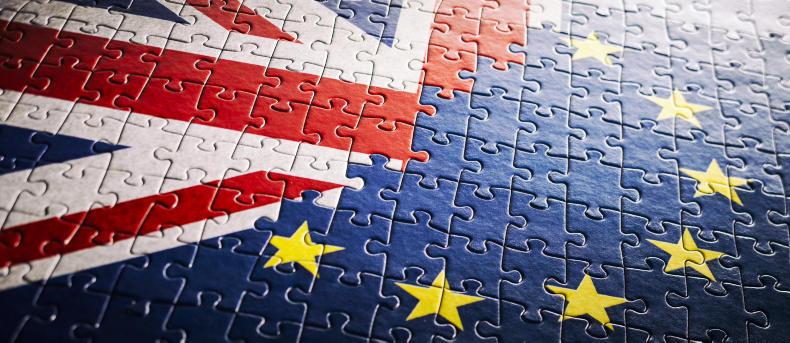Every CAP reform is ultimately shaped by the budget available. This decision is made at political level by the European Council, that is the heads of Government in each member country. While all member states are equal in theory, France and Germany will contribute most financially after 2020. They will therefore have the most influence in deciding how much is spent – and how.
What is unique about this CAP reform is that it will be formulated alongside exit negotiations with the UK, one of the key members of the EU. The UK has made an average net annual contribution of €10bn to the EU budget in recent years. With the current CAP using 40% of the total EU budget, this points to a mathematical deficit of €4bn for agriculture once the UK leaves.
The UK’s net contribution is already reduced by the famous rebate Margaret Thatcher obtained in the 1980s. Part of the British argument at the time was that the UK had a smaller agricultural sector than other member states and should pay less towards CAP. The EU’s current budget for the period 2014-2020 tells a different story. While the UK receives 5% of overall European spending, much of this is under the form of farm payments. The UK gets 7% of all CAP money.
In other words: yes, the EU’s second largest paymaster is leaving, but European money spent in the UK will also be saved – and most of these savings will be on CAP. Nothing says the budget shortfall left by Brexit should apply equally to all European policies, which would cut CAP spending in the remaining 27 countries by more than 6%.
The future trading relationship between the UK and the EU may also have an impact on the budget. Norway, Iceland and Liechtenstein are not part of the EU, but they have joined the European Economic Area, which gives them access to the EU’s single market. In exchange, they pay for development programmes in poorer regions of the EU worth €2.8bn over the current 2014-2021 funding period. The UK and the EU could enter a similar arrangement after Brexit, either for a transitional period or for the long term, making more money available to the EU’s overall budget.






 This is a subscriber-only article
This is a subscriber-only article










SHARING OPTIONS: